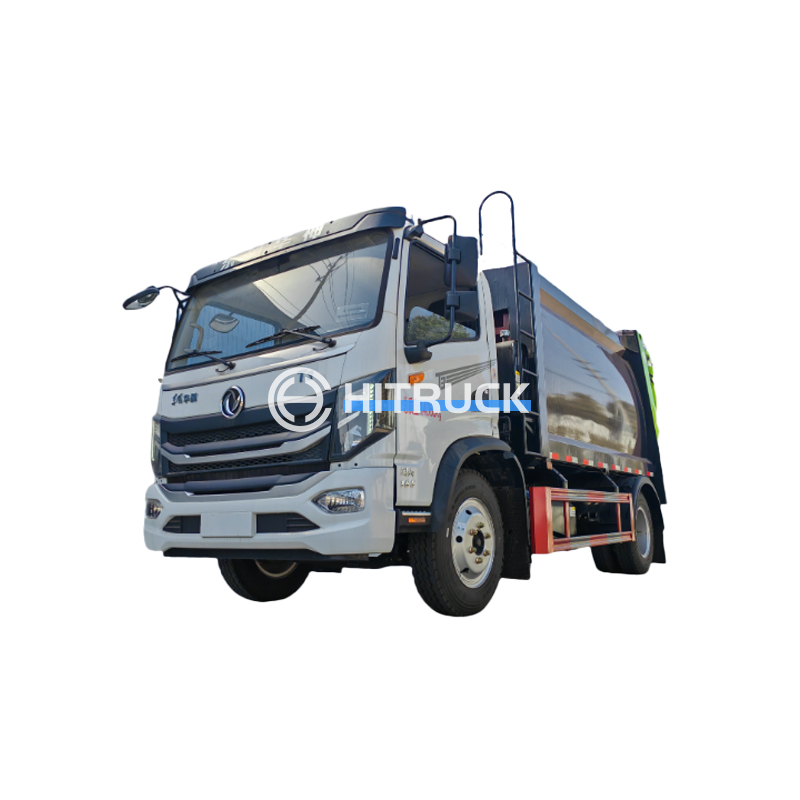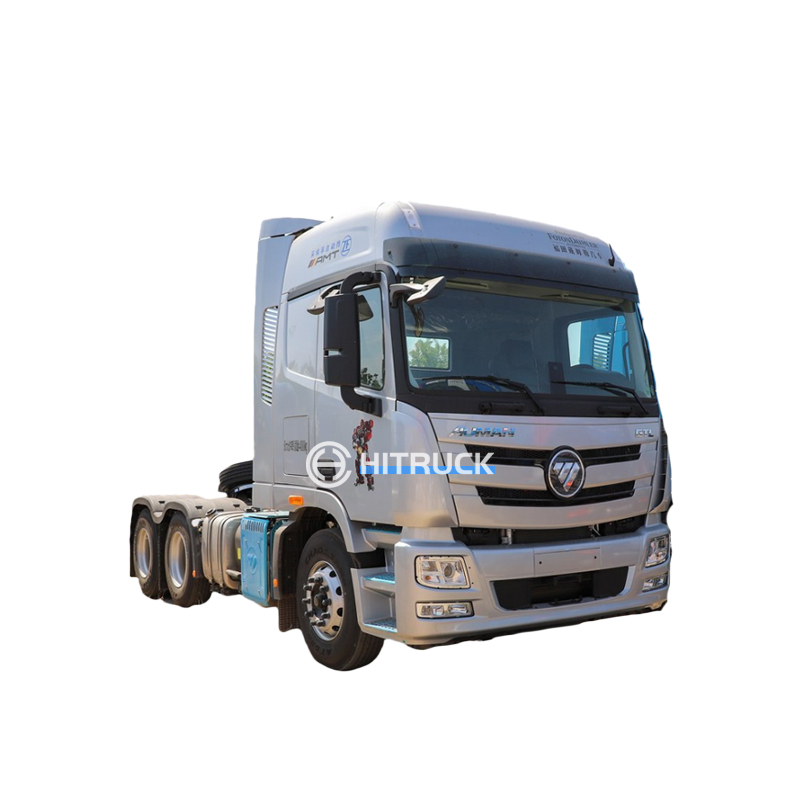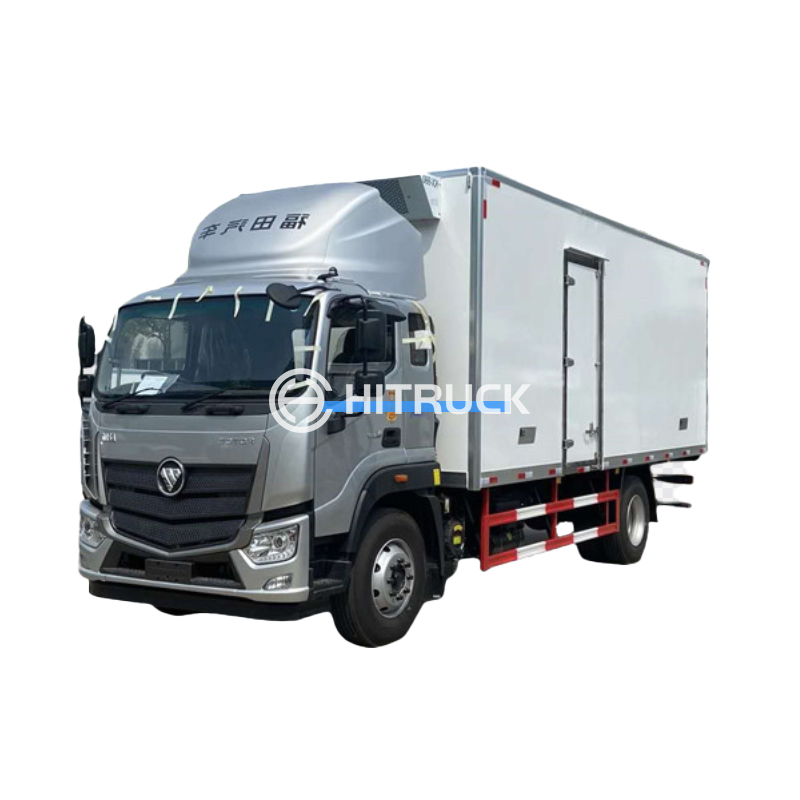Fiber Water Tanker: A Comprehensive GuideThis guide provides a detailed overview of fiber water tankers, covering their advantages, disadvantages, maintenance, and selection process. We'll explore various aspects to help you make informed decisions when choosing a fiber water tanker for your needs.
Understanding Fiber Water Tankers
What is a Fiber Water Tanker?
A fiber water tanker is a type of water transport vehicle constructed using fiberglass-reinforced plastic (FRP) or other composite materials. These tanks offer several advantages over traditional steel tankers, including lighter weight, higher corrosion resistance, and improved durability. They are commonly used for various purposes including agricultural irrigation, industrial water supply, and emergency water delivery. The choice of fiber water tanker size and capacity depends entirely on the application.
Advantages of Fiber Water Tankers
| Feature | Advantage |
| Lightweight | Reduces fuel consumption and improves vehicle maneuverability. |
| Corrosion Resistance | Extends the lifespan of the tanker and reduces maintenance costs. |
| High Strength-to-Weight Ratio | Provides excellent structural integrity while remaining lightweight. |
| Smooth Interior Surface | Facilitates easy cleaning and prevents water contamination. |
Disadvantages of Fiber Water Tankers
While offering numerous advantages, fiber water tankers also have some drawbacks: Higher Initial Cost: Compared to steel tankers, the initial investment can be higher. Susceptibility to UV Degradation: Prolonged exposure to sunlight can degrade the fiber material over time. Regular UV protection is crucial. Repair Complexity: Repairs can be more challenging and expensive than those for steel tankers. Specialized repair techniques and materials may be required.
Choosing the Right Fiber Water Tanker
Selecting the appropriate fiber water tanker depends on several factors:
Capacity and Size
Consider the volume of water you need to transport and the accessibility of your delivery locations. This will determine the necessary tank capacity and overall size of the vehicle.
Material and Construction
Different types of fiber materials and construction techniques offer varying levels of strength, durability, and resistance to UV degradation. Research different options to find the best fit for your needs and budget. Consult with reputable suppliers like
Suizhou Haicang Automobile sales Co., LTD for expert advice.
Maintenance and Durability
Factor in the long-term maintenance requirements and the expected lifespan of the tanker. A well-maintained fiber water tanker can provide years of reliable service.
Maintenance of Fiber Water Tankers
Regular maintenance is essential for extending the life and performance of your fiber water tanker. This includes: Regular cleaning to prevent contamination and build-up. Inspection for cracks, leaks, or other damage. UV protection using specialized coatings or covers.
Conclusion
Fiber water tankers present a compelling alternative to traditional steel tankers, offering significant advantages in terms of weight, durability, and corrosion resistance. By carefully considering the factors discussed above, you can select the right fiber water tanker to meet your specific requirements and ensure efficient and reliable water transport. Remember to consult reputable suppliers for expert guidance and support throughout the selection and maintenance process.












